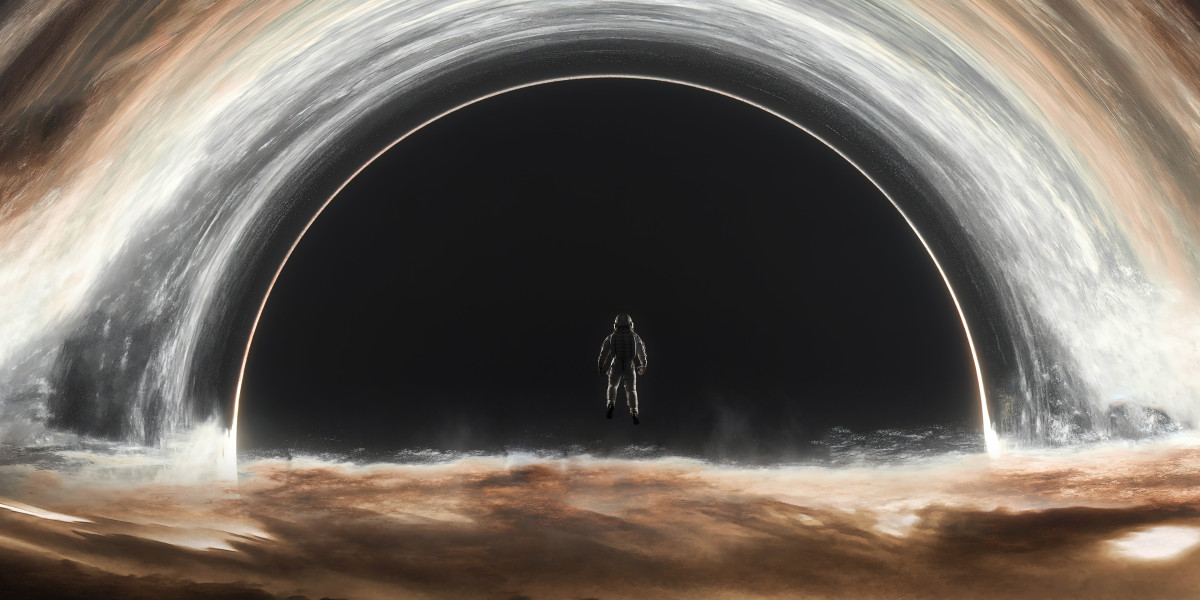Solar charge controllers are essential components in photovoltaic systems, ensuring that batteries are charged efficiently and safely. However, like any technology, they can encounter issues. This article serves as the ultimate solar charge controller fix-it guide: troubleshooting made easy, helping you identify and resolve common problems.

1. Overcharging of Batteries
One of the most prevalent issues with solar charge controllers is the overcharging of batteries. This can lead to battery damage and reduced lifespan. If your batteries are consistently reaching high voltage levels, it may indicate a malfunctioning charge controller.
- Check the voltage settings on your charge controller.
- Ensure that the controller is compatible with your battery type.
- Inspect for any firmware updates that may address this issue.
2. Insufficient Charging
Conversely, some users may experience insufficient charging. This can occur due to various factors, including inadequate sunlight exposure or faulty connections. If your batteries are not charging properly, consider the following:
- Examine the solar panel orientation and shading.
- Inspect all wiring and connections for damage.
- Verify that the charge controller is functioning correctly.
3. Display Malfunctions
Another common issue is display malfunctions on the charge controller. Users may find that the display is blank or showing incorrect readings. This can be frustrating, but it is often fixable. Here’s what you can do:
- Restart the charge controller to reset the display.
- Check for loose connections or damaged cables.
- Consult the user manual for troubleshooting tips specific to your model.
4. Inverter Compatibility Issues
In some cases, users may face compatibility issues between their solar charge controller and inverter. This can lead to inefficiencies in energy conversion. To address this, consider the following steps:
- Ensure that both devices are compatible in terms of voltage and current ratings.
- Review the specifications provided by the manufacturers.
- Contact customer support for assistance if needed.
5. System Overload
Lastly, a system overload can occur if the solar charge controller is not rated for the total wattage of the connected solar panels. This can lead to overheating and potential failure. To prevent this issue:
- Calculate the total wattage of your solar panels.
- Ensure that your charge controller can handle the load.
- Consider upgrading to a higher-rated controller if necessary.
In conclusion, understanding these common issues is crucial for maintaining an efficient solar power system. By following this ultimate solar charge controller fix-it guide: troubleshooting made easy, you can effectively troubleshoot and resolve problems with your solar charge controller. For more detailed guidance, visit this comprehensive troubleshooting guide.








